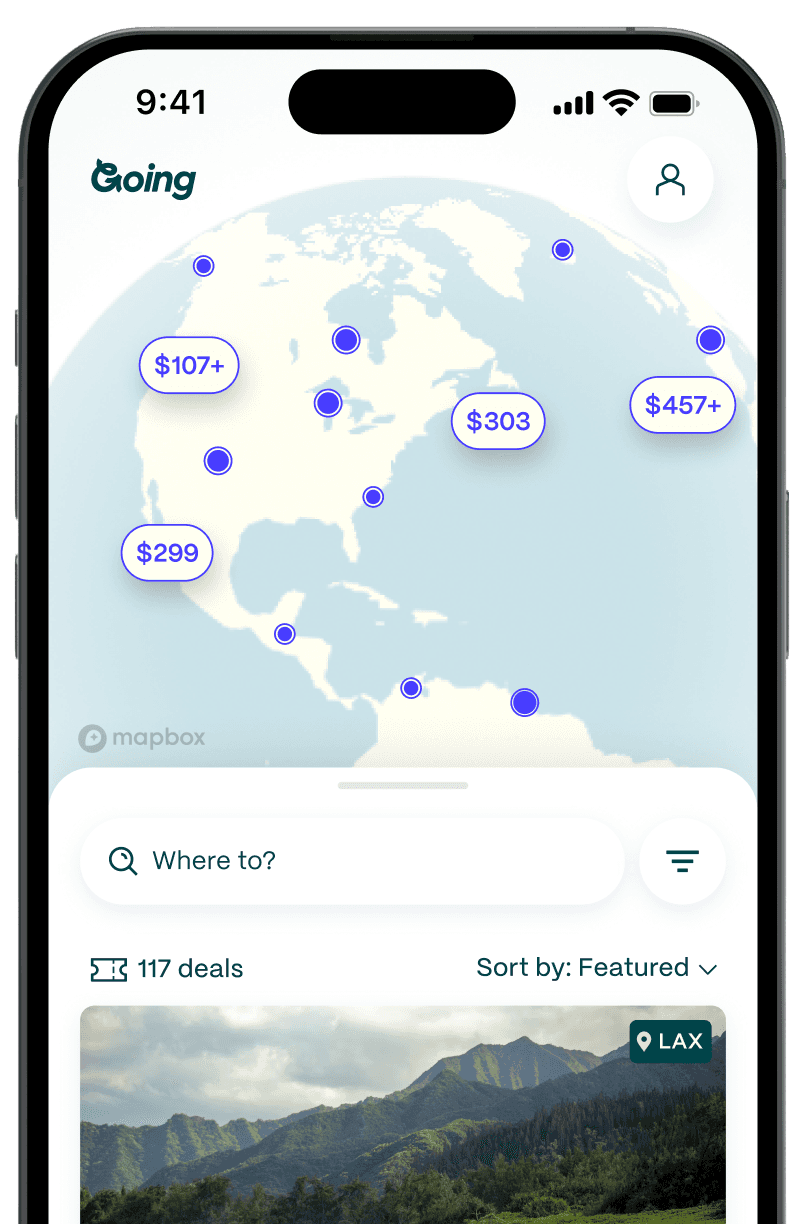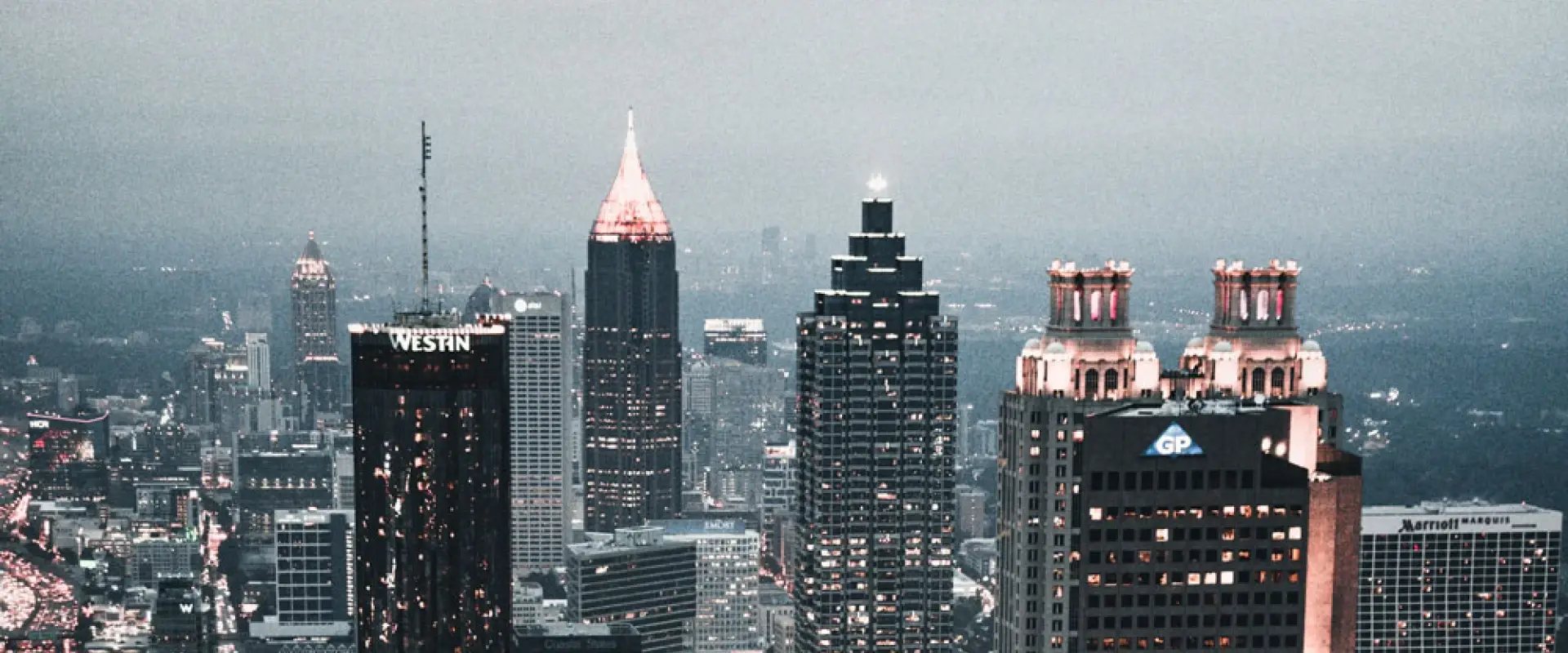
Atlanta: The Southern US City With 45 Different Neighborhoods
Table of Contents
Location of the world's busiest airport. Home to OutKast. An ever-blue heart in a red state that's quickly turning purple. City of transplants.
Atlanta means something different to everyone, and that's an issue that often fragments this beautiful city. But everyone can agree: ATL has a whole lotta heart, y'all. Its streets are rich with history (despite the too-frequent tearing down of historic buildings), and while the nickname Hotlanta remains controversial among locals, its Southern charm doesn't.
The saying is that "Atlanta Influences Everything," and that's the truth, from music to culture to corporate (Coca-Cola, anyone?!). It takes time to get to know it, but this city may take you by surprise, just like that random eaten chicken wing on the sidewalk (yes, seriously, it’s a thing).
From the Civil War to Civil Rights, history is around every corner

The Civil War and the Civil Rights Movement have significantly shaped Atlanta's history. Their influence can still be felt in much of the city's landscape and culture, from urbanism to political activism. Many of the Civil War battles happened right in the middle of today’s bustling neighborhoods, including Grant Park and East Atlanta. Head to the Atlanta History Center to see one of the last Cycloramas, a 132-year-old 3-D immersive painting and one of the largest in existence, which depicts the Battle of Atlanta.

Martin Luther King Jr. was born and raised in Atlanta. In 1959, King moved back to the city to continue his work and become co-pastor at Ebenezer Baptist Church with his father. Atlanta became home to many civil rights organizations and leaders and was the site of numerous protests and demonstrations. You can learn more about King's legacy by visiting Martin Luther King Jr. National Historical Park, which includes his birth home, Ebenezer, and final resting place. For a broader understanding of the civil rights movement in the US, the National Center for Civil and Human Rights is an excellent resource.
Hop on a bike tour with Civil Bikes and discover Atlanta's human and civil rights stories in the city's neighborhoods.
The largest tree canopy of any major US urban area

Atlanta is known as the 'City in a Forest' due to its extensive tree coverage: 48% of the city. Visitors can enjoy the cool shade these trees provide from Piedmont Park, the city’s main park at the heart of Midtown and home to the Atlanta Botanical Garden, to Grant Park, the oldest surviving city park and home to Zoo Atlanta, while exploring. Nonprofit organization Trees Atlanta has played a significant role in protecting the city's trees, and the city also has strict regulations requiring permits for most tree removal.
Unfortunately, mixed-income areas like Southwest Atlanta have fewer trees due to urbanization. As the temperature rises due to climate change, the city is addressing this issue by increasing the number of green spaces to allow residents to benefit from the health and economic advantages of having trees.
Urbanism and preservation fight the good fight
Traffic is an everyday reality for all Atlanta residents—it’s a car-centric city. The city's reconstruction after General Sherman's attack in 1864 and the white flight in the 1960-1970s contributed to the city's current sprawl and lack of density. The construction of Interstate 20 further divided the city and displaced many thriving Black communities, leading to a lack of connectivity between neighborhoods and a decrease in affordable housing.
Today, the city's rapid growth has led to more traffic and difficulty preserving historic buildings. Unfortunately, proposals for more public transportation and bike lanes have been delayed, and funds have been redirected.
However, nonprofits such as Propel ATL are actively working to create more bike-friendly streets and have pushed for the closure of a three-mile stretch of Peachtree Street to cars on select Sundays for Atlanta Streets Alive. In neighborhoods like Summerhill, one of Atlanta’s first neighborhoods founded in 1865 and originally home to formerly enslaved people and Jewish immigrants, old structures on Georgia Avenue have been repurposed for new businesses, now ice cream shop Big Softie, brewery Halfway Crooks, and restaurant Little Bear. For stories of Atlanta places lost over time, check out local Victoria Lemos’s podcast, Archive Atlanta.
Atlanta influences everything, including music
Many people might associate Atlanta with OutKast and Ludacris, but the city's impact on the music industry goes beyond that.
Today, Atlanta continues to be a thriving hub for hip-hop, with some of the biggest names in the industry, like Future, 2 Chainz, Goodie Mob, and Childish Gambino, proudly representing their hometown.
The city has also played a crucial role in the rise of trap music (some consider it its birthplace), a genre that has taken the world by storm thanks to trailblazers like Gucci Mane and Young Jeezy. You'll find other music genres thriving here, from indie rock to R&B. And that’s barely scratching the surface. Catch a show at Eddie's Attic to catch emerging singer-songwriters. (Fun fact: Even John Mayer launched his career in Atlanta!)
Eat your way through Buford Highway

When people think of Atlanta, they may not immediately consider its diverse immigrant communities, like Buford Highway. What sets Buford Highway apart is that it doesn't have separate neighborhoods for different ethnic groups like other cities. Instead, it's a global community where different cultures coexist across three counties. Buford Highway's food journey started in 1976 with the opening of a Cuban sandwich shop, and it has grown since then.
These days, Buford Highway is a melting pot of international cuisines, offering a variety of dishes from countries such as South Korea, China, Vietnam, Colombia, Mexico, Malaysia, and more (we’ve linked some of our favorites). These delicious options can be found within a few miles, making it a truly special place to experience different cultures through food. The corridor is much more than food, though. You can learn from the many immigrant communities living in the area and the many festivals and events hosted by WeLoveBuhi, the Latino Community Fund, and other local nonprofits.
Walking the Atlanta BeltLine

Around the city, a 22-mile multi-use trail known as the Atlanta BeltLine connects all 45 in-town neighborhoods that make up Atlanta’s 134 square miles. Despite being in various construction phases, it remains a popular destination for those looking to spend a nice day outdoors.
The project has faced delays and budget problems, and rapidly rising prices along the trail created housing affordability issues. Nonetheless, the project has resulted in the creation of beautiful green spaces and parks throughout the city. The Art on the BeltLine program has commissioned numerous local artists to showcase their talents along the trail, ranging from murals to sculptures. Artists like HENSE, Brandon Sandler, Kyle “BlackCatTips” Brooks, Tiny Doors, Barry Lee, among others, are part of the permanent collection, but other pieces rotate. You can follow this Art Map for the most up-to-date exhibitions.
You can also explore the neighborhoods of Old Fourth Ward, Inman Park, and Midtown by taking a leisurely bike ride on the Eastside Trail. This popular trail is conveniently located near tourist attractions such as Ponce City Market (a food hall in the century-old former Sears building) and the 200-acre Piedmont Park (home to many of Atlanta’s biggest festivals), making it a great starting point for your adventure.
Chefs host unique pop-ups around town
Other cities have food trucks, but Atlanta has pop-up restaurants. Due to the city's strict regulations on food trucks, many chefs instead take over the kitchens of established restaurants when they are closed. It has led to an explosion of creativity in the dining scene.
Many chefs have residencies, while others bop around town a few days a week with schedules posted on their Instagram. When you're in town, visit SoSoFed chef Molli Voraotsady at OK YAKI on Sundays and Mondays for Laotian, Chicoquerico chef Maricela Vega at Fishmonger for plant-based Mexican on Mondays, or Humble Mumble chef Justin Dixon's stacked sandwiches in Midtown.
The film industry is trending up

That background in the latest Marvel movie—yep, it was probably Atlanta. Movies filmed in Georgia include recent blockbusters Avengers: Endgame, Spider-Man: No Way Home, Black Panther, and Avengers: Infinity War. The city houses major studios such as Screen Gems and Tyler Perry Studios and smaller production studios like North Rose Pictures. Join a tour to check out The Walking Dead sets or Stranger Things tour, or Marvel Movie Tour. The Georgia Latino International Film Festival is among the various festivals in town that advocate for diversity in the film industry. Don't be surprised if you see your favorite celebrity walking around town.
If you're a movie buff, visit current city treasures like the Starlight Drive-in, Plaza Theatre, and the just-saved Tara Theatre. For more, listen to the podcast The Boom, an inside look at Atlanta’s thriving film industry from award-winning entertainment and culture reporter Jewel Wicker.
Good to know
Is Atlanta expensive?
Over the years, Atlanta has become a more expensive place to visit, but you can still visit and eat around the city on a middle-range budget. A three-star hotel will run around $180 per night in the city (just make sure it's in the city proper). For a sit-down dinner in a mid-range restaurant, you can expect to pay about $80 for a three-course dinner for two. You can fill up for under $20 for cheaper meals at some food trucks. The priciest activities, like the Ponce City Rooftop, will be around $30/adult, but if you skip those, you can generally have an excellent time for under $175 per day.
Best time to visit Atlanta
February-April; September-November. Atlanta typically enjoys mild weather, even during the winter season. But the best time to visit Atlanta is, without a doubt, during the fall, when the leaves change and the hot chili flows at the neighborhood festival Chomp ‘N Stomp. Generally, avoid visiting Atlanta between Memorial Day and Labor Day. The name Hotlanta, while the locals despise it, has never rang more true than during that time. Spring is lovely, but get ready to sneeze!
Atlanta with kids
Atlanta is a top family destination, as there are many things to do with kids of all ages. The Atlanta CityPASS gets you into the iconic World of Coca-Cola to taste sodas from around the world, plus the Georgia Aquarium and Zoo Atlanta. The Atlanta BeltLine allows kids to run around outdoors, and on a rainy day, head to the Children's Museum of Atlanta, LEGOLAND, or the Center for Puppetry Arts for family-friendly fun. The main downside of this family-friendly city is its car-centric nature, so you will have to rent a car to get around the city with your whole family.
Atlanta public transportation
Getting around Atlanta can be challenging due to the limited public transit options. Although the city has MARTA, its public transit system, it only runs a few rail lines, including the streetcar, and the frequency of trains and buses is limited. It is recommended to rent a car to maximize your trip.
Is Atlanta safe?
The US ranks #131. Atlanta is a safe city to visit, but just as in any other metro area, it’s important to be smart, watch your valuables, and take an Uber at night. Georgia ranks #45 in the US. However, Atlanta scores 100/100 under the Human Rights Campaign’s Municipal Equality Index. Atlanta is known as the most LGBTQ-friendly city in the South, with a growing queer population and strong, diverse communities led by people of color. It's a great city to explore for LGBTQ+ visitors.
Getting to Atlanta
- Main airport: ATL
- Average Going deal price for cheap flights to Atlanta: $137 roundtrip
Read about other destinations in the US:
Last updated August 29, 2024
Articles you might like
View All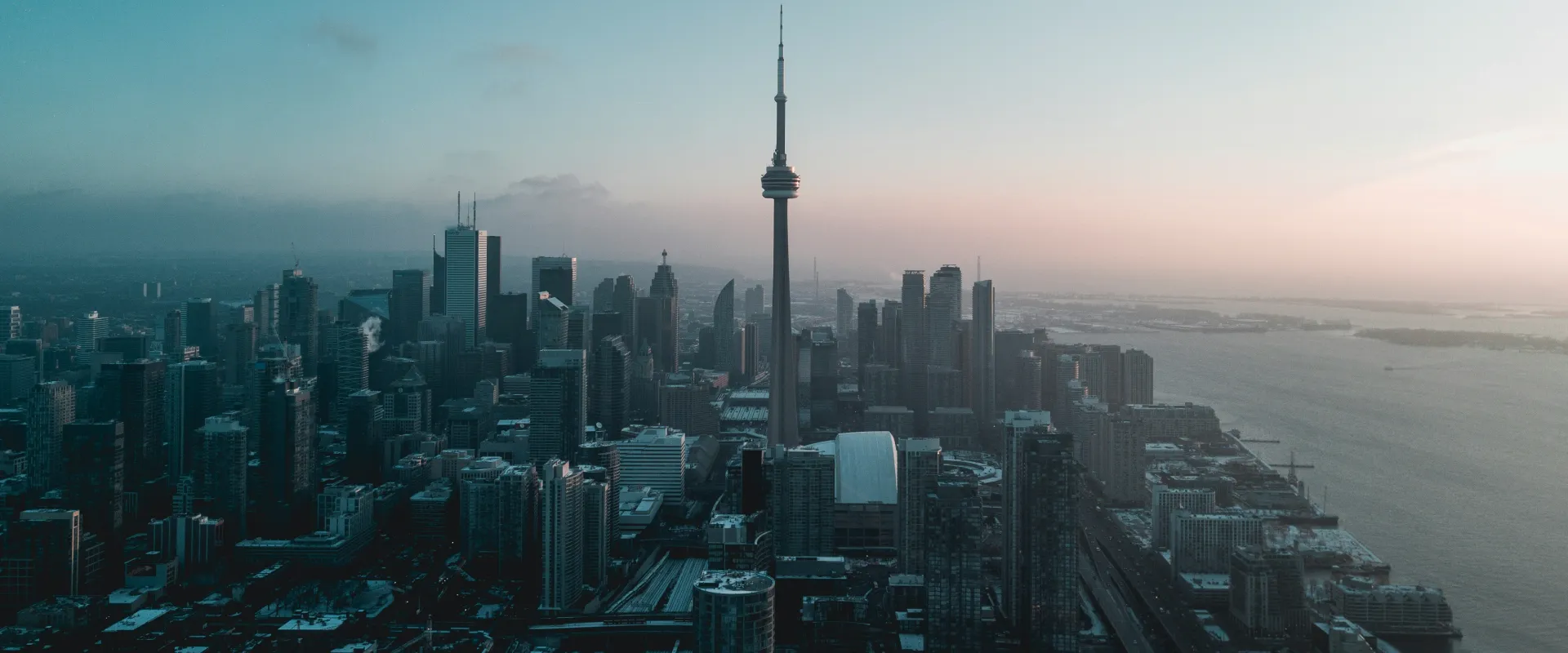
Toronto: The Canadian City That’s One of the Most Diverse in the World
Mar 3, 2026
6 min read
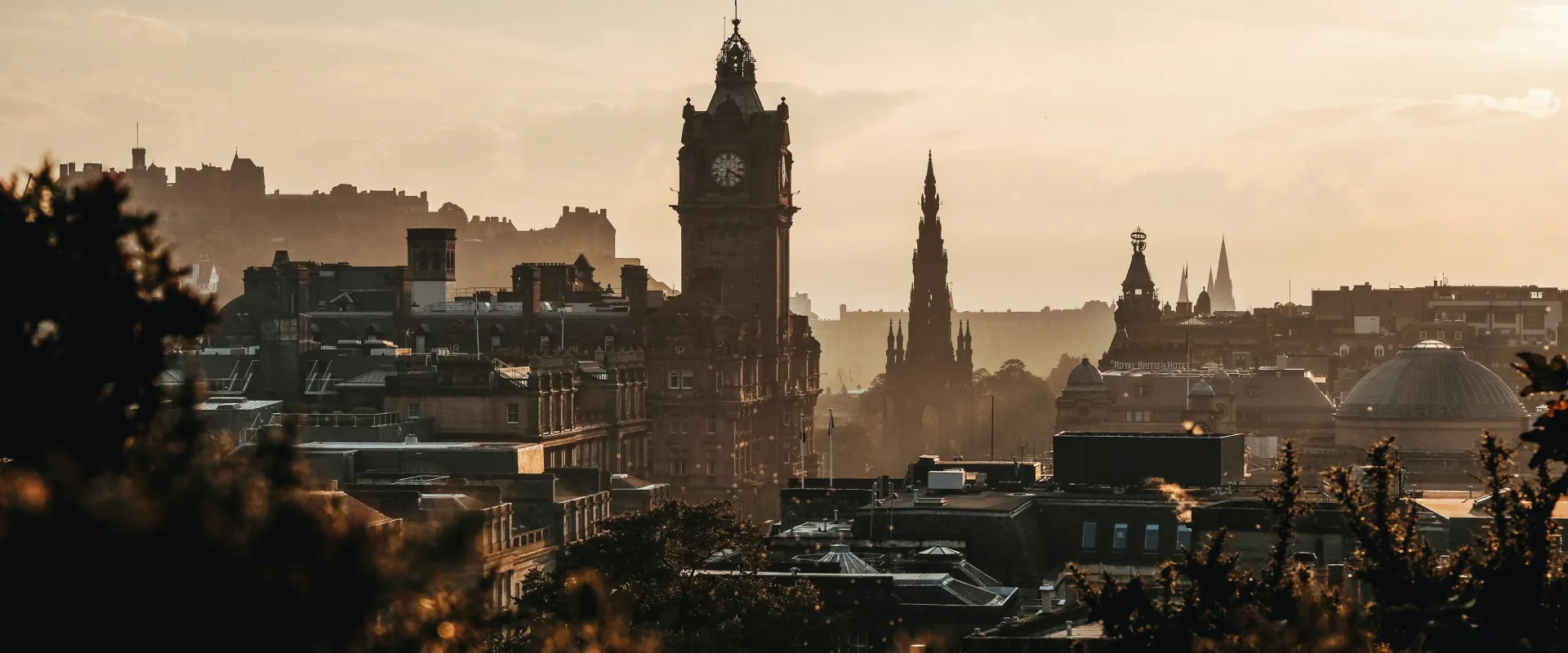
Edinburgh: The Scottish Capital Built on an Extinct Volcano and World-Renowned Arts Scene
Feb 18, 2026
6 min read
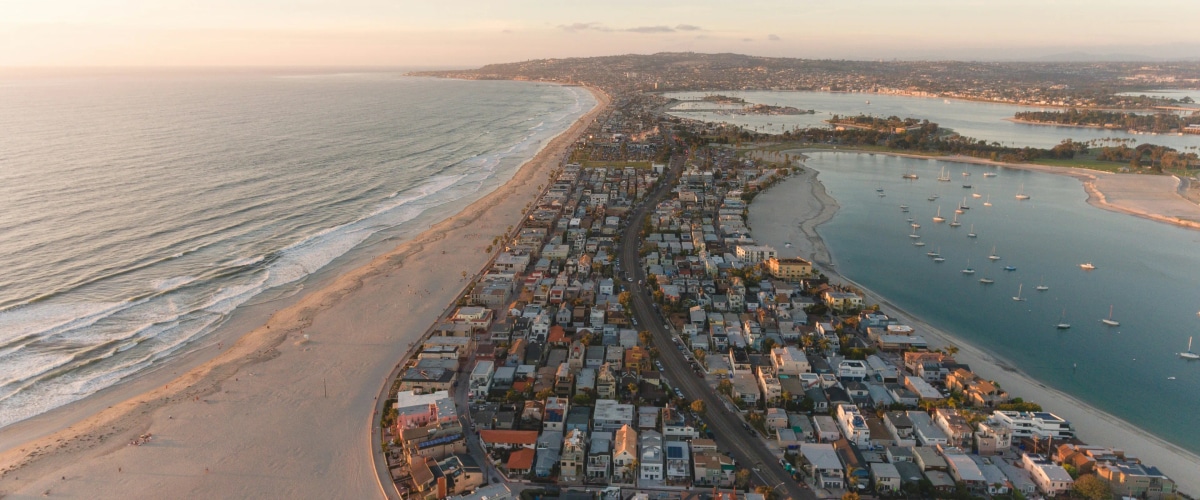
San Diego: The West Coast Surf Capital Where Bigger Burritos Are Better
Feb 4, 2026
10 min read



